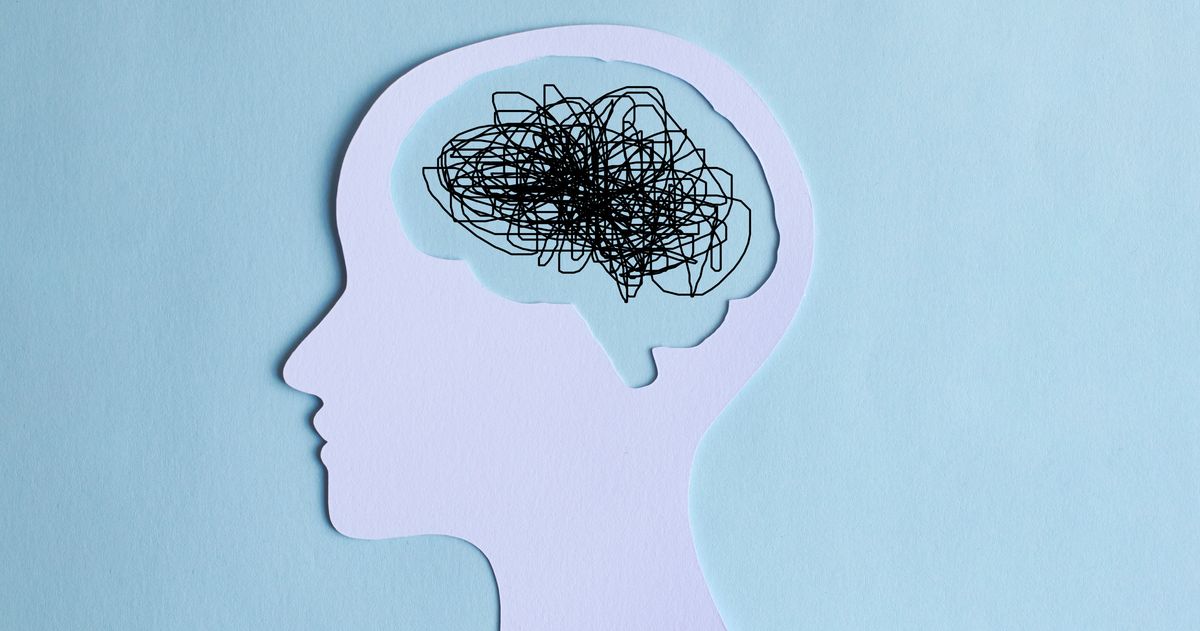Effective Teenage Counselling Near Me - Encouraging Young Minds
Effective Teenage Counselling Near Me - Encouraging Young Minds
Blog Article
Untangling the Important Factors to Look For Psychiatric Therapy for Individual Growth and Healing
Diving into the intricacies of one's emotional landscape can provide insights into the origin triggers of established patterns, paving the method for meaningful innovations. By beginning on this journey, individuals have the opportunity to establish healthy and balanced coping devices, enhance their self-awareness, and navigate past traumas with newfound resilience.
Comprehending Origin Causes of Psychological Patterns
What underlying aspects add to the advancement of reoccurring psychological patterns in individuals seeking psychiatric therapy for personal growth and healing? Many individuals experience repetitive psychological patterns that impede their personal growth and wellness.
Discovering the underlying factors that contribute to these psychological patterns calls for a deep dive into the person's history, ideas, and connections. Distressing experiences, such as abuse or disregard, can substantially influence one's psychological actions and coping devices. In addition, household characteristics and social upbringing play an essential function in shaping a person's emotional patterns.

Creating Healthy Coping Mechanisms
Comprehending the source of persistent psychological patterns is foundational in the therapeutic process, leading the way for individuals to create healthy coping mechanisms that advertise individual development and recovery. Establishing healthy and balanced coping devices is crucial for taking care of anxiety, anxiousness, and other psychological difficulties successfully. By working with a specialist, individuals can learn to identify maladaptive coping approaches and change them with more useful approaches. This might involve methods such as mindfulness methods, cognitive-behavioral approaches, and stress-reduction workouts.
Healthy and balanced coping devices empower individuals to navigate challenging circumstances without considering unsafe habits like material misuse, self-harm, or avoidance. By constructing a toolkit of healthy and balanced coping abilities, individuals can improve their durability and psychological wellness. Specialists play a vital function in assisting people towards uncovering coping devices that work best for their unique needs and situations. Through regular practice and reinforcement, these coping mechanisms can end up being ingrained practices that sustain long-term emotional stability and individual development.

Enhancing Self-Awareness and Insight
Creating introspective abilities is crucial for people looking for to improve self-awareness and insight through psychotherapy. Self-awareness entails recognizing one's ideas, emotions, and habits, while understanding refers to obtaining a much deeper understanding of the underlying causes and patterns influencing these facets. Through treatment, individuals can explore their internal world in a risk-free and encouraging environment, enabling them to uncover subconscious ideas, beliefs, and inspirations that shape their experiences.
Enhancing self-awareness and insight can cause extensive individual growth and healing. By becoming more attuned to their inner procedures, individuals can much better manage their emotions, make healthier options, and enhance their partnerships (vaughan psychotherapist). Boosted self-awareness can encourage people to damage complimentary from destructive patterns and make favorable adjustments in their lives.
Therapists use different techniques such as reflective examining, mindfulness techniques, and checking out previous experiences to help customers deepen their self-awareness and gain important insights. By taking part in this reflective work, individuals can grow a greater understanding of themselves and their life experiences, ultimately cultivating personal growth and psychological health.
Conquering Injury and Past Experiences
In the process of enhancing self-awareness and understanding via psychiatric therapy, people commonly challenge the task of getting rid of trauma and coming to grips with previous experiences. Trauma can materialize in various forms, varying from childhood years hardship to grown-up traumatic events, leaving long-term emotional imprints that impact one's mental health. Psychiatric therapy offers a risk-free and encouraging atmosphere for people to process and understand these experiences, enabling them to gradually function with the connected discomfort, anxiety, and distress.
Specialists use evidence-based methods such as cognitive-behavioral therapy, eye motion desensitization and reprocessing (EMDR), and narrative therapy to help people browse their injury and establish healthy and balanced coping mechanisms. By checking out the impact of past experiences on their current thoughts, feelings, and habits, customers can start to reframe their stories and build resilience despite difficulty.
Through the restorative connection, individuals can acquire a deeper understanding of themselves, cultivate self-compassion, and eventually begin on a journey towards healing and this contact form empowerment (vaughan psychotherapist). Conquering trauma and processing previous experiences is a crucial step in cultivating personal development and achieving emotional health
Growing Durability and Emotional Wellness
Growing of resilience and psychological wellness is a recurring trip that requires introspection and proactive self-care techniques. Building strength involves creating the capacity to recuperate from difficulty, problems, and demanding circumstances. It has to do with growing a way of thinking that enables individuals to adapt favorably to life's difficulties and keep psychological security.
In the process of cultivating strength, people can take advantage of psychotherapy to explore their thoughts, emotions, and habits. Via therapy, people can gain insight into their coping devices, discover healthy and balanced ways to manage stress and anxiety, and develop skills to improve their psychological health.
Psychological well-being includes an array of elements, including self-awareness, self-acceptance, psychological law, and healthy partnerships. Psychotherapy can give a risk-free room for individuals to explore and work via emotional difficulties, past traumas, and unfavorable thought patterns that click to investigate might be influencing their well-being.
Conclusion
In final thought, looking for psychotherapy can aid people understand origin reasons of emotional patterns, develop healthy and balanced coping mechanisms, improve self-awareness and understanding, overcome trauma and previous experiences, and cultivate resilience and psychological wellness. vaughan psychotherapist. By resolving these facets with treatment, people can guided imagery experience individual development and recovery in an organized and supportive setting, bring about a much more satisfying and well balanced life
Report this page